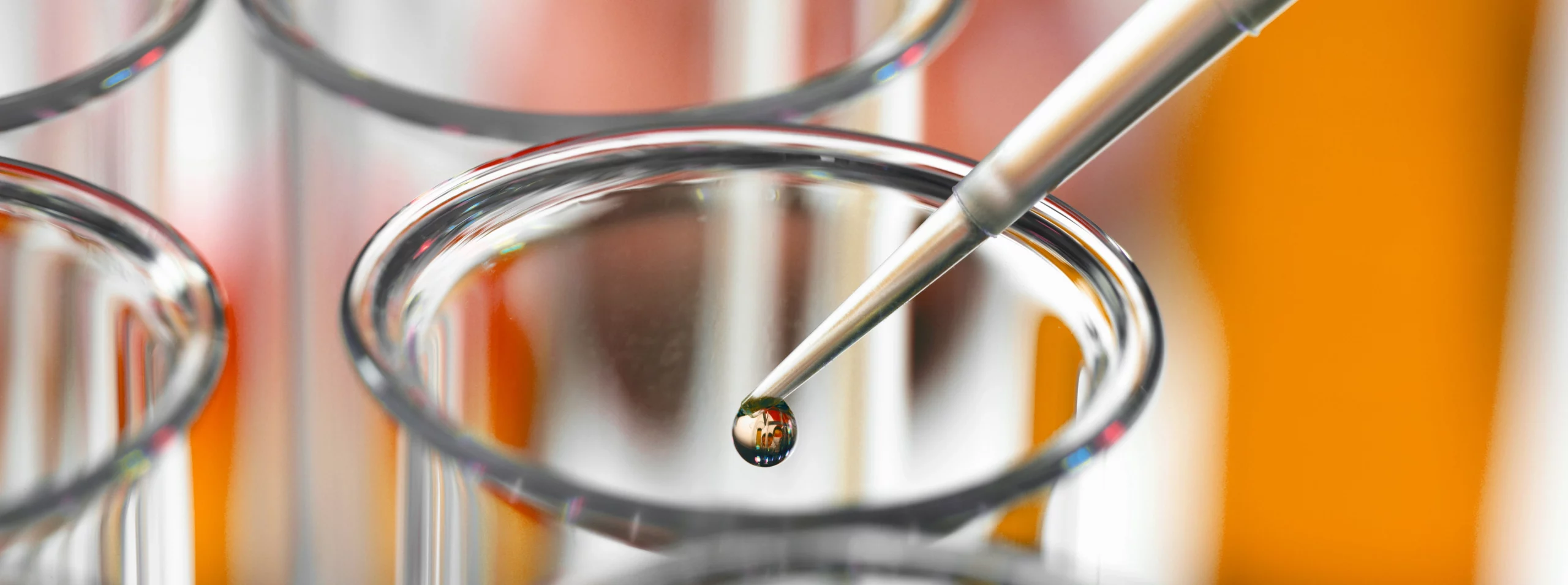Dr. Walid Saleh of CRE (previously SIRM-Dallas) on Artificial Insemination (IUI)
IUI is a fertility treatment that uses a small catheter to insert “washed” sperm directly into the uterus in a process similar to a pap smear.
The goal of IUI is to increase the number of good sperm that reach the fallopian tubes and subsequently increase the chance of fertilization.
IUI is usually selected as a treatment for conditions including:
- unexplained infertility
- low sperm count
- decreased sperm motility
- donor sperm
- hostile cervical condition such as cervical mucus that is too thick or cervical scar tissue from past procedures
- ejaculation dysfunction and timing issues
First of all, it is important to note two important facts:
- IUI does NOT really help pregnancy rates in the absence of male or cervical infertility.
- In the presence of male factor infertility, the female partner does NOT need to be loaded with ovulation drugs.
For unexplained infertility, i.e. couples with normal semen analysis, regular ovulation and open tubes by HSG, the approach is quite empiric. The hope is to provide a “statistical boost” by addressing all “possible” factors. That is why statistics are frustrating when this type of infertility is treated conservatively.
I usually propose a trial of clomiphene with or without IUI over 3-6 months prior to trying IVF. We already covered the lack of value of injectables/IUI vs. clomiphene/IUI in a separate blog topic above. After trying the same treatment for 6 months, there is little value in repeating further what has not been working so far, and IVF is the best next option.
In the context of unexplained infertility, IUI only provides a 5% monthly chance of pregnancy over the next 3-6 months, the same as clomiphene alone. When both clomiphene and IUI are combined, a 7% monthly chance of conception is achieved over that same period. This illustrates that in most cases, normal sperm does not really need help. In other words, IUI is not so cost-effective for unexplained infertility, especially when it is not a covered benefit.
For male factor infertility, the issue is quite different because IUI actually does help, especially in mild cases. With a male factor, it is important to determine the severity of the problem. A good general index is to calculate the Total Motile Sperm count or TMSC. For example, if the total ejaculate is 2ml with a count of 20M/ml and a motility of 50%, the TMSC would be 2 x 20 x 50% or 20 million. For couples in which the male had a TMSC below 10 million, IVF with direct injection of sperm into each egg (ICSI) is not only more effective but is also more cost-effective than IUI cycles.
For cases when the TMSC is normal but quality (morphology) is low, 6-8 weeks of anti-oxidant therapy can help. These can easily be purchased over the counter at your local nutrition store with names like Male Fertility Supplements, Fertile Aid, etc. Avoiding negative lifestyle factors like smoking is also key.
Learn more about Dr. Walid Saleh and CRE (previously SIRM-Dallas). Read other articles from Dr. Saleh on infertility by clicking HERE.










